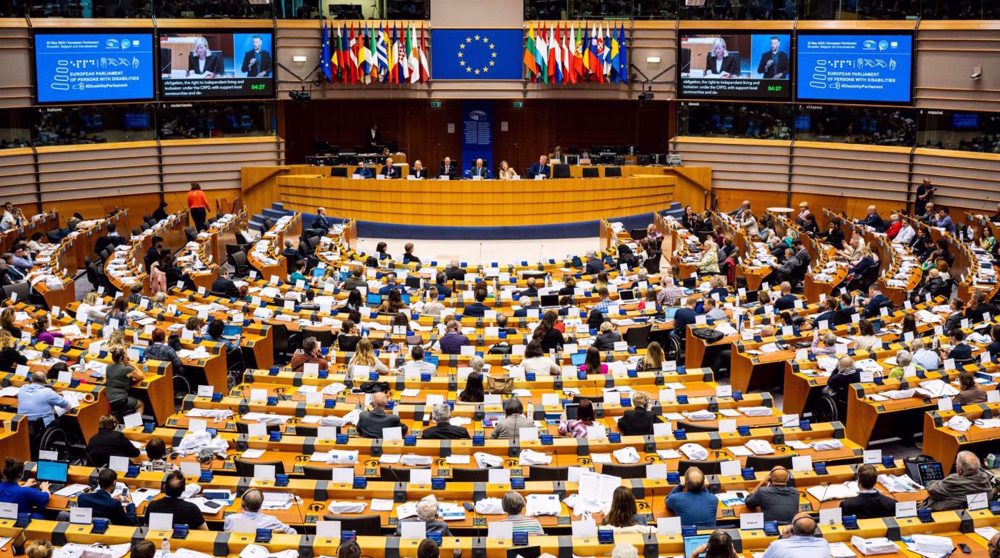Greek top court cancels government auction of TV channels
Greece’s highest judicial body has ruled that an auction of television licenses conducted by the government last month was flawed, delivering a blow to the country’s Prime Minister Alexis Tsipras, whose left-led administration had held the auction as part of an anti-corruption drive.
The Council of State, Greece’s top administrative court, made the ruling late on Wednesday.
Fourteen of the court’s 25 judges said that the sale, held in September, had been unconstitutional since it bypassed the country’s independent media regulator, known as the National Council for Radio and Television (ESR).
Back in October last year, a controversial law was passed in the Greek parliament, limiting the maximum of the country’s private television licenses to four. The law, which was described in the Wednesday ruling as unconstitutional, allowed Tsipras’s cash-strapped government to hold the auction.
The government made 246 million euros from the auction by selling four out of the eight private nationwide broadcasters; but, according to the Wednesday ruling, it is expected to return the money to the four winning bidders.
The court’s call to overturn the law and its Wednesday ruling, however, drew an angry reaction from the Greek government.
“This decision will be judged by its consequences,” said Olga Gerovassili, a government spokeswoman. The decision, she said, would “deprive the state budget of necessary funds, which the society needs.”
She further said that the court ruling would take Greece back to “a previous regime” that was also judged as anti-constitutional. “We will not allow this to happen,” she said.
Tsipras had made the sale the central part of his reforms, arguing that the auction of superfluous private broadcasters would cut a corrupt relationship between traditionally powerful political parties and oligarchs who abused media ownership to win profitable state contracts.
The corrupt relationship, according to the government, has created decades of financial mismanagement and is a reason behind the country’s severe financial crisis.
“This is not just one front in the war in the war on corruption. It is a fight to defend democracy and the rule of law in this country,” Tsipras had said in a weekend speech to his left-wing Syriza Party, vowing to defend the license overhauls.
Opposition parties, however, had accused the premier and its party of attempting to wield influence over the news media. New Democracy, the conservative main opposition party, called the sale of the private broadcasters a “failed media coup,” repeating its call for Tsipras to resign and call early elections.
Following decades of state media control, privately-owned radio and television broadcasters appeared in Greece only in the late 1980s.
Iran, African nations keen to expand economic ties: Raeisi
VIDEO | Press TV's news headlines
Severe heat wave hits India as phase 2 of polling begins
What to expect after President Raeisi's visit to Pakistan
China describes Iran as ‘strategic partner' in West Asia
April 25: ‘Axis of Resistance’ operations against Israeli occupation
Hezbollah hits Israeli military sites near border with rockets, drones
Rwandans say UK deportation 'another brutal manifestation of neo-colonialism'












 This makes it easy to access the Press TV website
This makes it easy to access the Press TV website